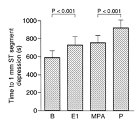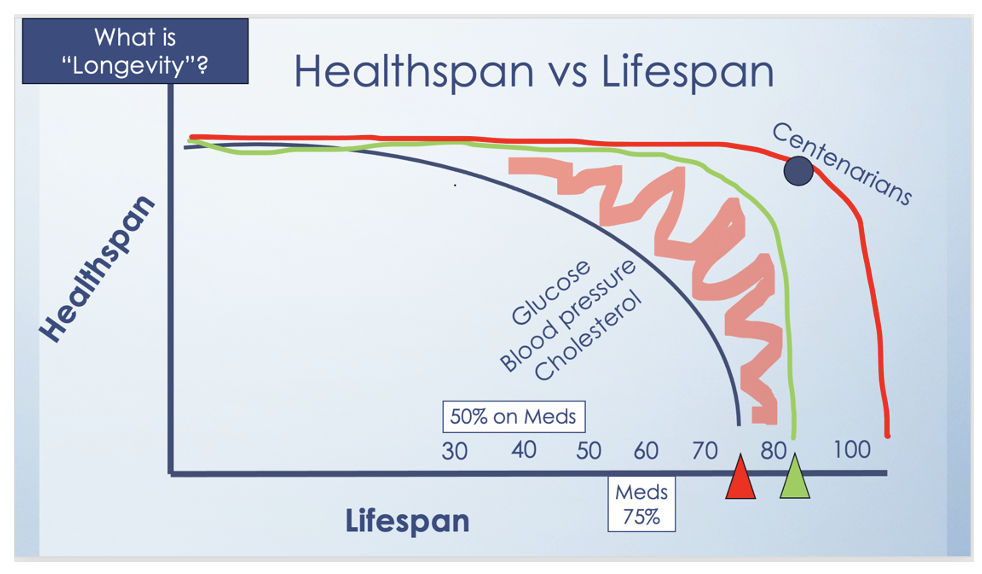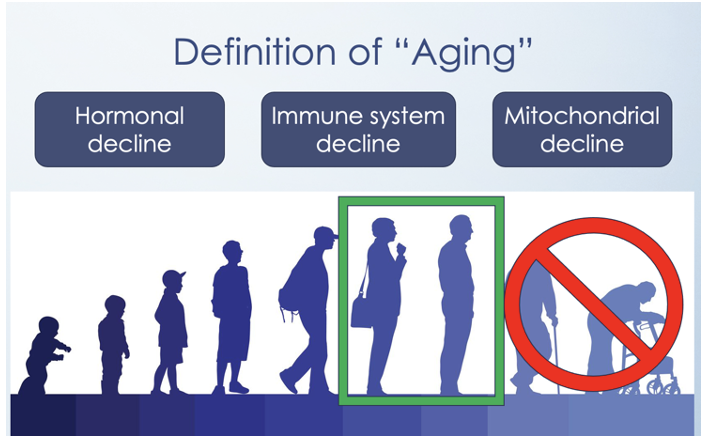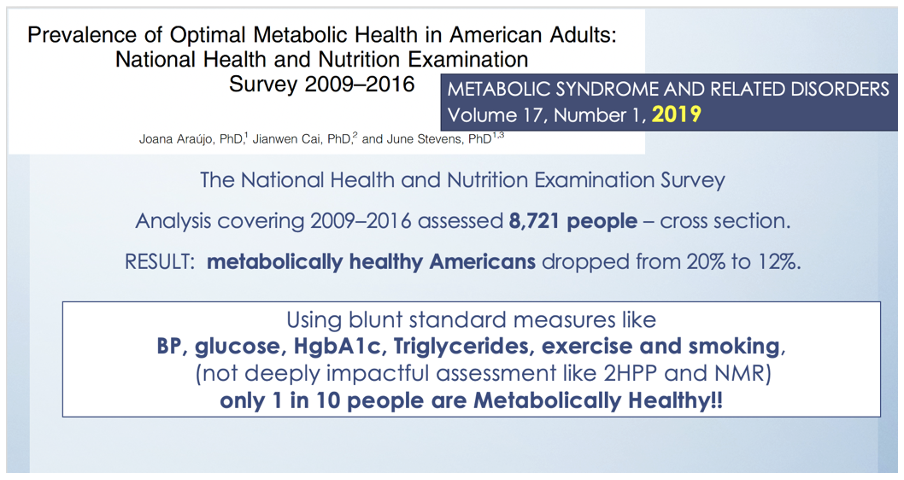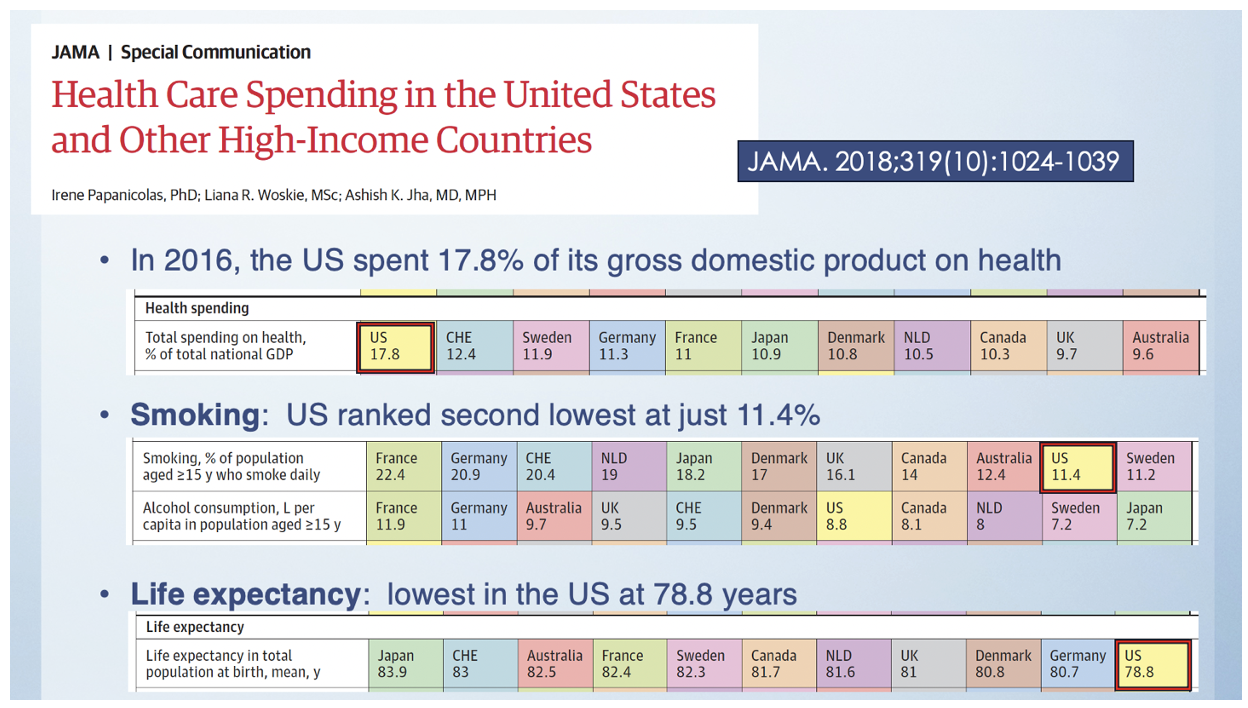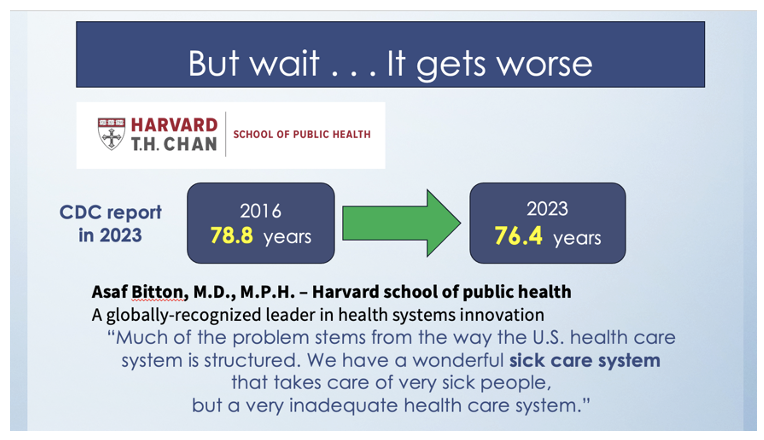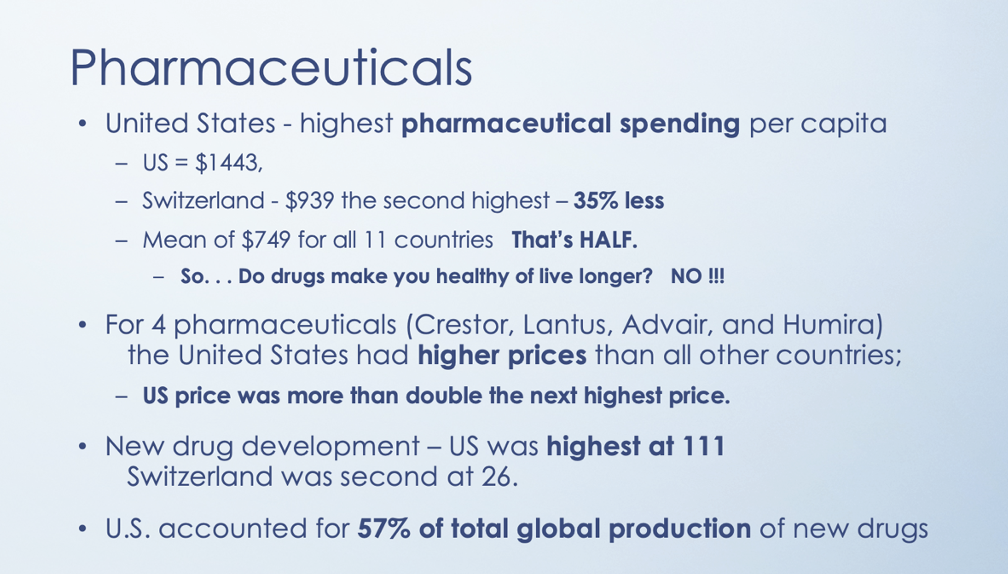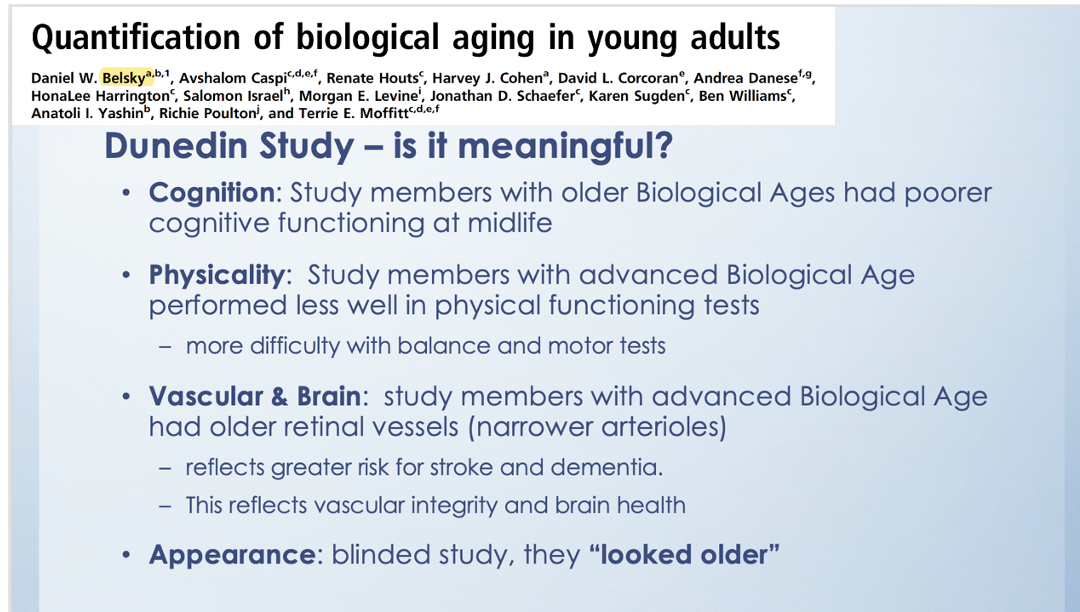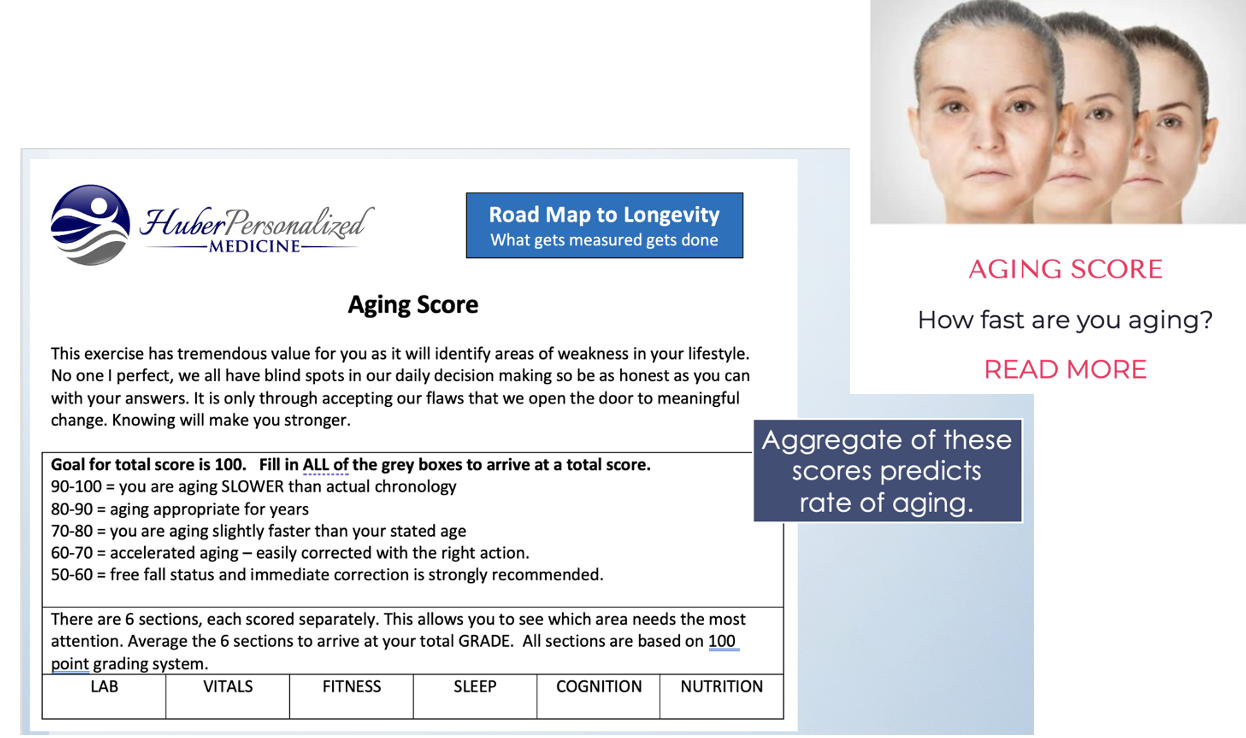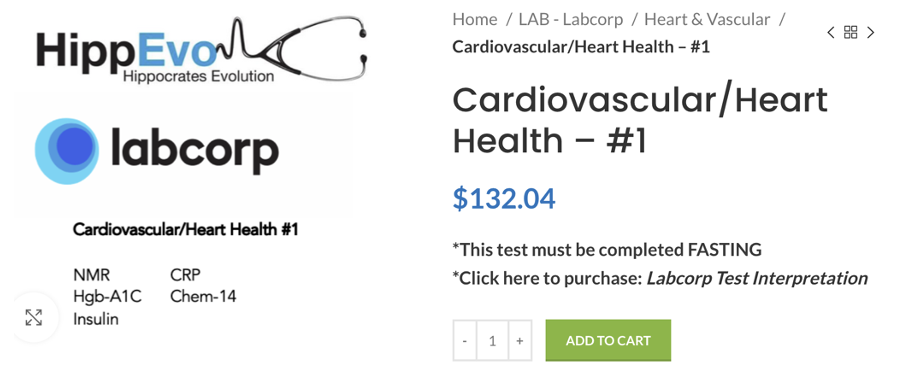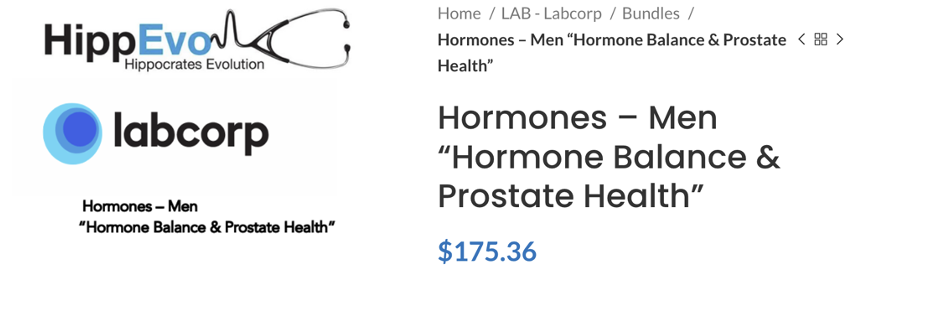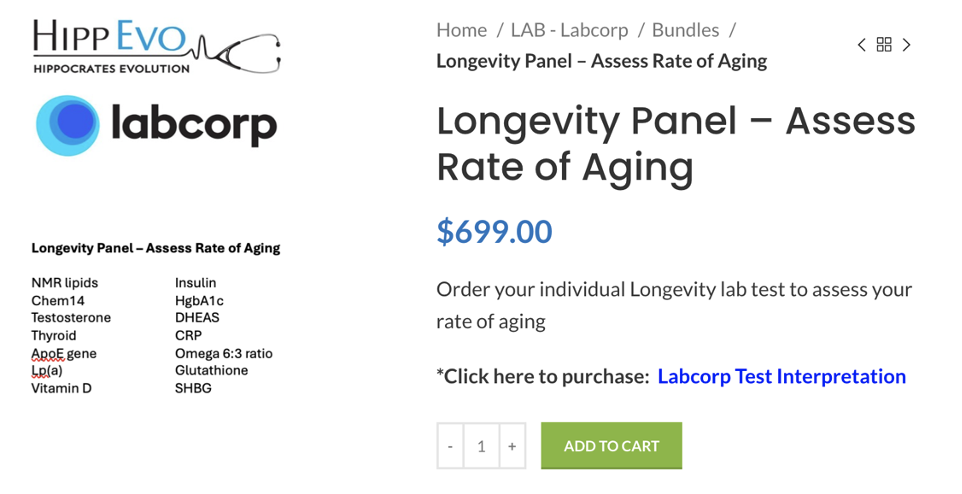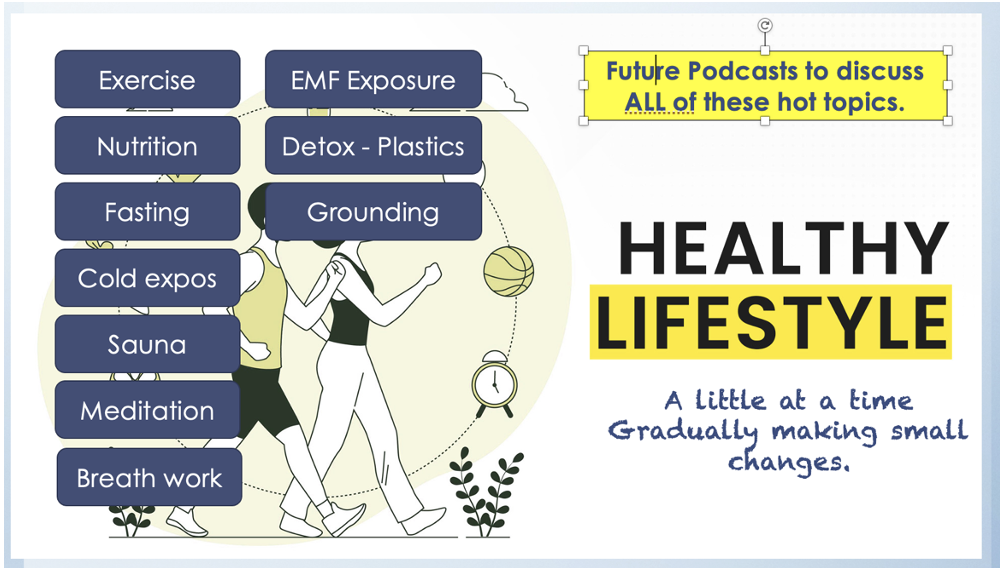Rapid Fire Nutrition. Top 10 Questions- #5
Chelsea acquired her degree from the University of Kentucky and spent the early years of her career as the regional dietitian for Lifetime Fitness. At that time Dr. Huber was contracted to providing monthly education to the trainers on weight loss, exercise, and the path for engaging an integrative approach to health. Chelsea joined Dr. Huber’s practice in 2013 and went on to develop a corporate health program that she currently operates with great success. Chelsea has expanded her knowledge base into the full spectrum of integrative medicine which includes adrenal fatigue, thyroid balance, hormone balance, heavy metal detox, allergy therapies, and more. Her well rounded view of health allows her to see medical issues that are often overlooked by narrow focused specialists.
Chelsea was asked to respond with brief answers to the top 10 nutritional questions that impact your health. This was intended to be a quick hit, rapid fire discussion and not an in depth analysis of all of this issues but we will let you be the judge as to whether we hit the mark. Have fun and enjoy our lively romp through food.
Food and nutrition is essentially very simple but if you want to make it complicated you can. When you look for modern processed convenience you are inviting complications and problems. There is no ONE perfect diet – you can eat Vegan or Carnivore and everything in between and find good health if you know what you are doing. There is no ONE SIZE fits all but there are trends that hold true: Low carb is usually best, healthy fats support longer life, fasting in general is a great tool. How you apply all of this is individualized and this is where the confusion creeps in.
Upfront summary:
- Many different opinions on diet and nutrition. We look at real, unbiased research that is not influenced by McDonalds, Nabisco, Coca Cola, FDA, AHA, ADA, or any association that accepts dollars from industry.
- These 10 topics we discuss with our patients on a weekly if not daily basis. We don’t believe in a cookie cutter approach or a one size fits all diet plan. In general, we believe there are simple nutrition guidelines that apply to ALL humans.
- Topic today: Carbs, Fats, Protein, Carnivore, Best & Worst diet for my Heart, Alzheimers, Artificial sweeteners, wheat, fasting, fruit, calorie counting,
TOP 10 Questions
1. Low CARB: Why are low carb diets so good? Popular? Is it just the fad?
- Low carb diets include Paleo, Keto, and Carnivore.
- You couldn’t eat high carb in 1900 even if you wanted to. Lack of high carb processed foods and grains. High carb is not our natural human diet.
- 1910: Trans fats were invented in the 1890s and entered the food supply in the 1910s. Processed foods became available: Nathan’s hot dogs, Aunt Jemima syrup, Hellmann’s mayonnaise, Oreo cookies
- Crisco – 1911 First introduction of TRANS fats
- 1900 to 1920 heart attacks were RARE, but by 1940, due to entry of hydrogenated man-made oils, heart attacks were on the rise.
- Want to eat low carb? Then get rid of grains, fruit and potato. Or greatly reduce them. Yes fruit can be healthy but in general we eat too much too often. Grains include flour, wheat, corn, oats and rice
2. PROTEIN: How much protein should I be getting?
- O.5 gram /pound of body weight is the minimum.
- 0.8 grams per pound if you are heavy exerciser.
- Trying to eat 1 gram per pound of body weight is difficult and unnecessary unless you are an Olympic level athlete or have some other special need.
- 35 grams/serving is the most protein you can assimilate at one sitting.
- Peter Attia – book “Outlive” says 1 gram/pound – I say that's too high and difficult
- Blue Zones eat much less protein than that and do very well. Attia’s idea is theoretical and unproven.
- HOW to? “Clean” protein shake. Avoid high carb protein powders.
- Beef jerky – BEWARE the added sugar
- Cooked chicken breast – cook 5-6 at a time.
- Beans, nuts, soy (organic)
3. FAT: Does fat cause heart disease? “Man made” fats do. Natural fats do NOT.
- What did you have for lunch Monday? Dinner Saturday? You can’t remember, right? And yet most dietary studies are based on this type of questionnaire leading to less than accurate information.
- Epidemiology studies – correlation is not causation. Food questionnaire is not an accurate tool. Heart attack rates during 1900 when we ate a lot of animal fat was practically ZERO. Saturated fats have never been proven to contribute to heart attacks or heart disease. The World Health Organization (WHO) and the American Heart Association (AHA) have both changed their positions on saturated fats over time, removing some of the caution here. Saturated fat elevates protective HDL. HEALTHY fat is any NATURAL fat that is not man-made or hydrogenated. Olive oil, coconut oil, avocado oil, butter.
- “Big Fat Lie” Carnivore diet? What is it and is it worth talking about? No research behind it so it's a tool for short term use but not a long-term option. Great for busting up type 2 diabetes or stimulating ketosis for weight loss.
- HOW to? Meat and eggs ONLY. Easy to follow. Not difficult. This can be a tool to reduce inflammation when high carb diets generally create inflammation.
4. What’s the BEST & WORST diet for my heart and blood vessels? WORST – seed oils, hydrogenated oils, and high carb = Inflammation. BEST – whole food, lots of meat and YES to saturated fat and tons of veggies. It’s not calories we worry about. It's the inflammation. Low carb = low inflame. Shocking to learn there were NO heart attacks in 1900-1910-1920 as we didn't have any trans fat hydrogenated oils and we were eating lots of animal fat. HOW to? Which ones to avoid: corn, soy, canola, sunflower, safflower. ALL processed foods use hydrogenated oils.
5. ARTIFICIAL SWEETENERS The BAD ones are: aspartame (Equal and NutraSweet), sucralose (Splenda), and Saccharin (Sweet 'N Low), Acesulfame potassium. These are toxic in different ways. SAFE ones are: xylitol, erythritol (Swerve), stevia, monk fruit.
6. Alzheimers – best diet for avoiding this? Lots of healthy fats, and reduce carbs to avoid insulin resistance and type 2 diabetes. Alzheimers is now called Type 3 diabetes – WHY??? Cause high carb diets drive it. HOW to? Same diet that reduces heart disease – lots of whole foods, meats, healthy fats and reduced carb. The song remains the same.
7. Wheat – Why are we overrun with “Gluten free” options? Can’t digest wheat as the human body doesn't make an enzyme that adequately does this. We were never intended to eat the modified wheat of TODAY and certainly not in the tremendous amounts that we consume. Wheat is a very high carb food. It is the single worst “allergenic” food that we consume driving the bulk of food allergies. It is the biggest driver of heartburn and acid reflux. Glia-dorphin (or gluteo-morphin) is an opioid peptide that is formed during digestion of gluten protein. Gluteomorphins are derived from gliadin, one of the main proteins found in gluten. ADDICTING! Hitting our endorphin receptors. “Gluten free” does NOT = “healthy” HOW to? I know you love it but its hurting you so find gluten free options or simply avoid eating bread, crackers and pasta.
8. FASTING – hype or hope? Excellent research shows benefit for many issues: weight loss, glucose control, longevity, cognition, mood, reduce blood pressure and heart rate, drive autophagy (cellular clean out), inflammation reduction, reduced cholesterol. HOW to? Start with a simple 12 hour fast and slowly over time work up to doing a 24 hour fast. It is easier than you think.
9. FRUIT: Is fruit good for me? How much? Berries are best. All other fruit is a high carb affair and needs to be engaged sparingly. Its 1900 – how many days could you eat fruit? Maybe 6-8 weeks. HOW to? Allow berries in the diet once per week. Peaches when in season to scratch that itch but daily fruit intake is potentially problematic unless you are a high output athlete.
10. CALORIES: Do calories matter? Calorie counting is not a successful weight loss program. You are better served to change the type of calories you are eating to include more protein and fat as this will keep you feeling full longer and not spike wild swings in blood sugar. Simplest diet in the world – WHOLE foods – NO PROCESSED anything. It's a process but slowly work towards that by making slow changes each week. Best place to buy my groceries? Local Farmers Market. FRESH.
Call to action: Actionable steps to take.
Actionable items that will net the greatest impact:
- Get rid of all wheat. OK, don’t be perfect, but be proactive and work toward this goal over time.
- Eat lots of healthy fat and NO man-made hydrogenated oils
- THROW OUT: Corn, canola, soy, sunflower and seed oils
- Healthy fat = coconut oil, olive oil, avocado oil, and butter.
- Reduce carbs overall and look for clean protein to replace it.
- Carb intake of 50 grams is fairly easy. At minimum keep it under 100 grams and be very careful if you are currently eating >150 grams.
- Measure “something” – anything – carbs, water, protein, vegetable servings, but any degree of measuring spikes AWARENESS which delivers results.
- Cut carbs
- Engage Fasting
- Zone 2 exercise

